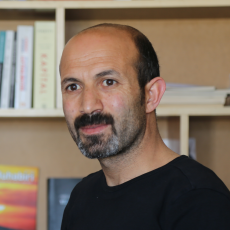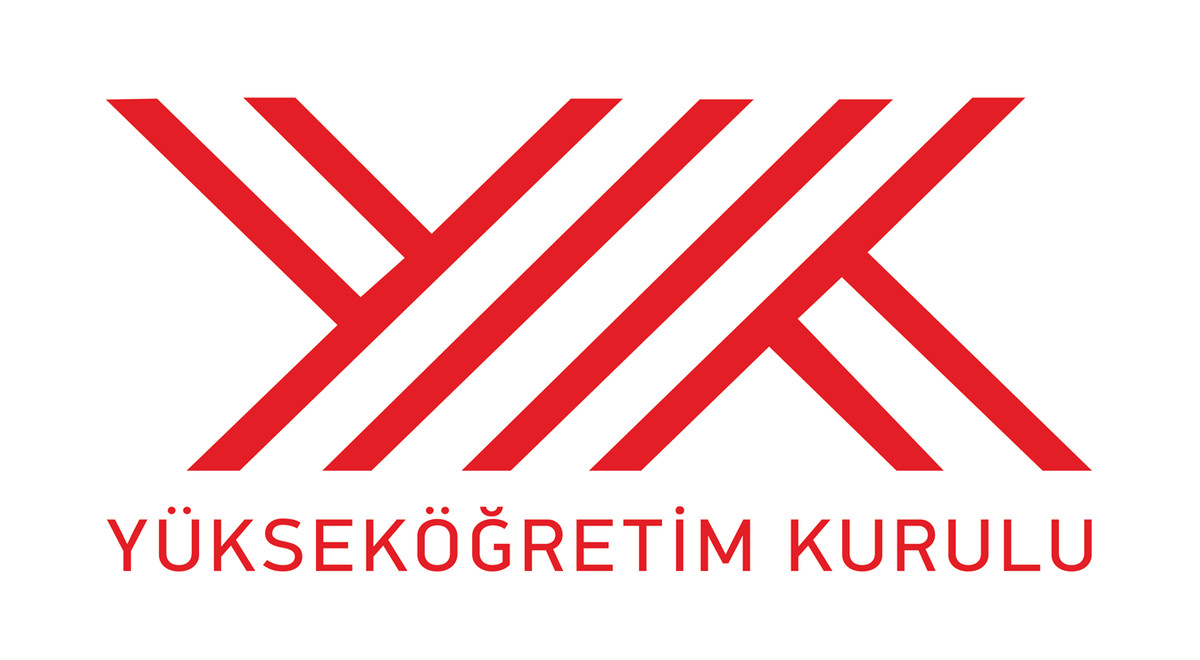Ders Notu 3
İletişim araştırmalarında medya içeriklerinin nasıl verildiği sorunsalı
en önemli konulardan biri olagelmiştir. Bu
anlamda medya içerikleri; ya ‘gerçeğin olduğu gibi aktarıldığı’ ya da ‘egemen ideolojinin
yeniden üretildiği veya inşa edildiği’ metinler olarak ele alınmıştır. Erken dönemde daha çok kitle, kitle kültürü ve
bu kültürün yaygınlaşmasında temel sorumlulardan biri olarak kabul edilen ve bu
çerçevede ele alınan medya, sonraki dönemlerde iletişim çalışmalarındaki
çeşitliliğin etkisiyle farklı noktalarda konumlandırılmıştır. Bu da iletişim
çalışmalarında iki kutup anlayışın ortaya çıkmasına sebep olmuştur: Egemen –
Anaakım Yaklaşımlar ve Eleştirel Yaklaşımlar.
İlk çıktıkları dönemden günümüze kitle iletişim araçlarının rol ve
etkinliklerinin yanı sıra, bu araçların denetlenmesi konusu da sürekli
tartışılagelmiştir. Bu bağlamda siyasal sistem – iletişim sistemi ilişkileri
çerçevesine odaklanan ve devletin iletişim alanındaki konumunu sorgulayan
normatif medya kuramları, iletişim araçlarının siyasal sistemin özelliklerine
göre nasıl şekillendiği üzerinde durmuştur. Bir
toplumdaki iletişim sistemi o toplumda; mesaj üretim ve dağıtım süreçlerinin
nasıl işlediğini, medyanın devletle ilişkisinin nasıl olduğunu, alana devlet
müdahalesinin biçim ve derecesinin ne şekilde olması gerektiğini, medyadan
beklenen rollerin neler olduğu ve medyanın hangi mülkiyet yapısına göre
örgütleneceğini doğrudan etkilemektedir.
Radyo ve TV Programcılığı Medya Sosyolojisi - Türkiye'de Yerel Medyanın Gelişim Tarihi Üzerine Notlar



